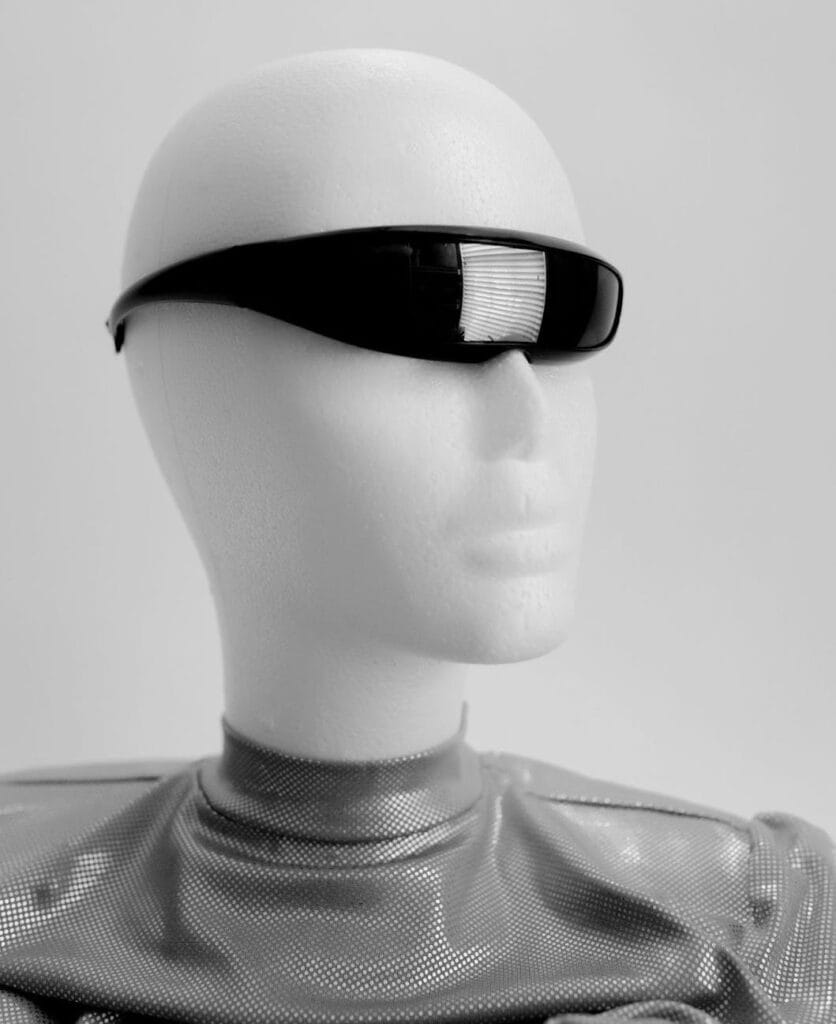Artificial Intelligence (AI) has long been a content of seductiveness and concern, with conversations frequently revolving around its eventuality to replace mortal workers. The idea of AI taking over mortal jobs isn’t new, but with recent advancements in AI technologies, the question of whether AI will replace humans in the coming five times has become more burning. In this composition, we will claw deep into the current state of AI, its limitations, and the implicit impact it may have on the pool soon.

The Current State of AI
AI has made significant strides in recent times, particularly in areas similar to machine literacy, natural language processing, and computer vision. These advancements have enabled AI systems to perform tasks that were formerly allowed to be simply in the realm of mortal intelligence. For illustration, AI-powered systems can now drive buses, diagnose conditions, and indeed compose music with a position of delicacy that rivals or exceeds mortal capabilities. Still, it’s important to note that AI isn’t a singular, important reality rather, it’s a collection of technologies designed to perform specific tasks. While AI excels in tasks that involve pattern recognition and data analysis, it lacks the nuanced understanding, creativity, and empathy that are essential to mortal intelligence.

Limitations of AI
Despite its advancements, AI still has several limitations that prevent it from completely replacing humans in numerous places. One major limitation is its incapability to understand the environment and make judgment calls grounded on complex, ever-changing situations. AI also struggles with tasks that bear creativity, invention, and empathy, which are essential in numerous professional places. also, AI systems are only as good as the data they’re trained on. impulses in data or limitations in the training process can lead to AI systems making incorrect or prejudiced opinions, pressing the significance of mortal oversight and intervention.

The Implicit Impact on the Pool
While AI is doubtful to fully replace humans in the coming five times, it’s anticipated to have a significant impact on the pool. Certain tasks and jobs that are repetitious, rule-grounded, or fluently automated are at threat of being replaced by AI systems. This includes places in diligence similar to manufacturing, client service, and data entry. still, AI is also anticipated to produce new job openings, particularly in areas that bear mortal chops similar to creativity, empathy, and critical thinking. Jobs that involve complex problem-working, strategic planning, and mortal commerce are likely to remain in demand, as these chops are delicate for AI to replicate.

Preparing for the Future
To prepare for the impact of AI on the pool, individualities need to concentrate on developing chops that are delicate for AI to replicate. This includes soft chops similar to creativity, emotional intelligence, and rigidity, as well as specialized chops that round AI technologies, such as data analysis and programming. Also, associations need to invest in reskilling and upskilling their pool to ensure that workers are equipped to work alongside AI technologies. This may involve furnishing training programs, mentorship, and career development openings that prepare workers for the changing nature of work.
While AI has the implicit to automate certain tasks and jobs, it’s doubtful it to fully replace humans in the coming five times. Rather, AI is anticipated to compound mortal capabilities, enabling lesser effectiveness and invention across colorful diligence. By understanding the limitations of AI and preparing for the future of work, individuals and associations can navigate the evolving geography and thrive in an AI-enabled world.
